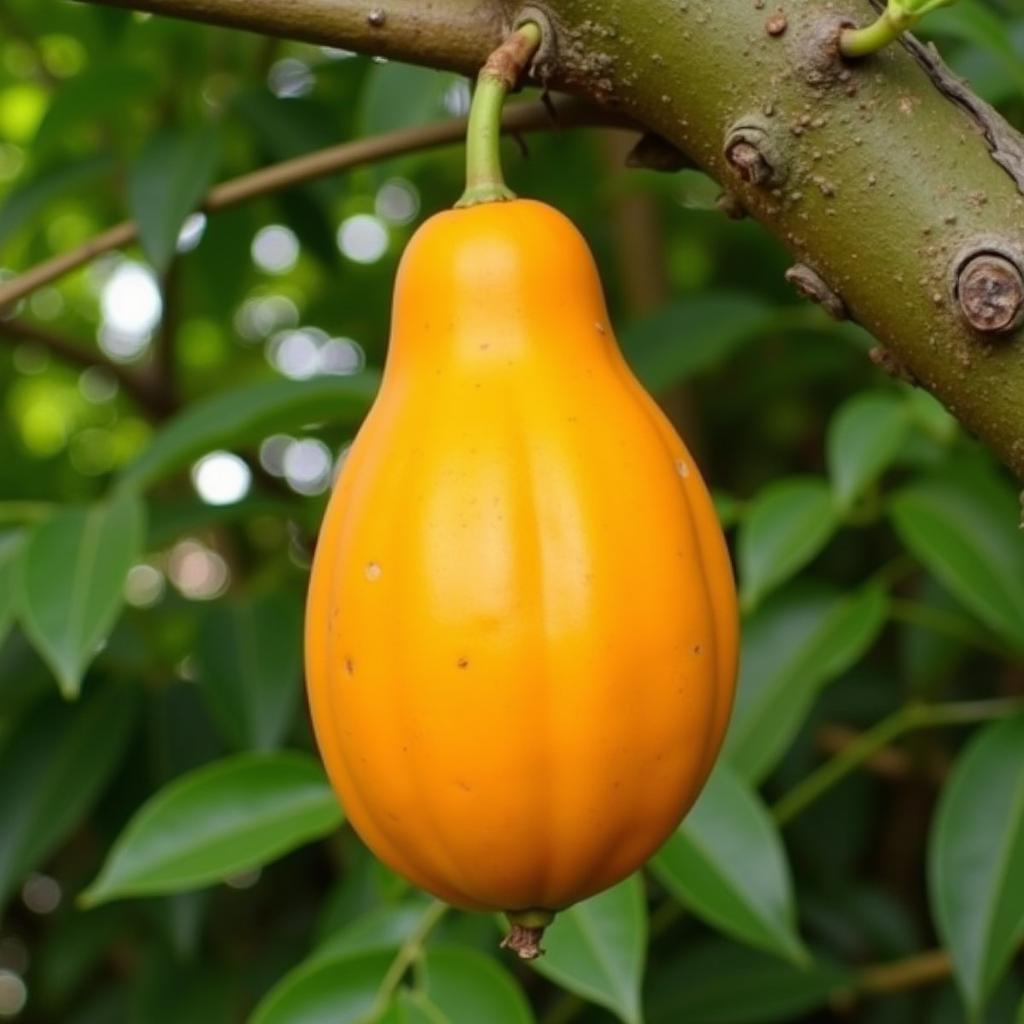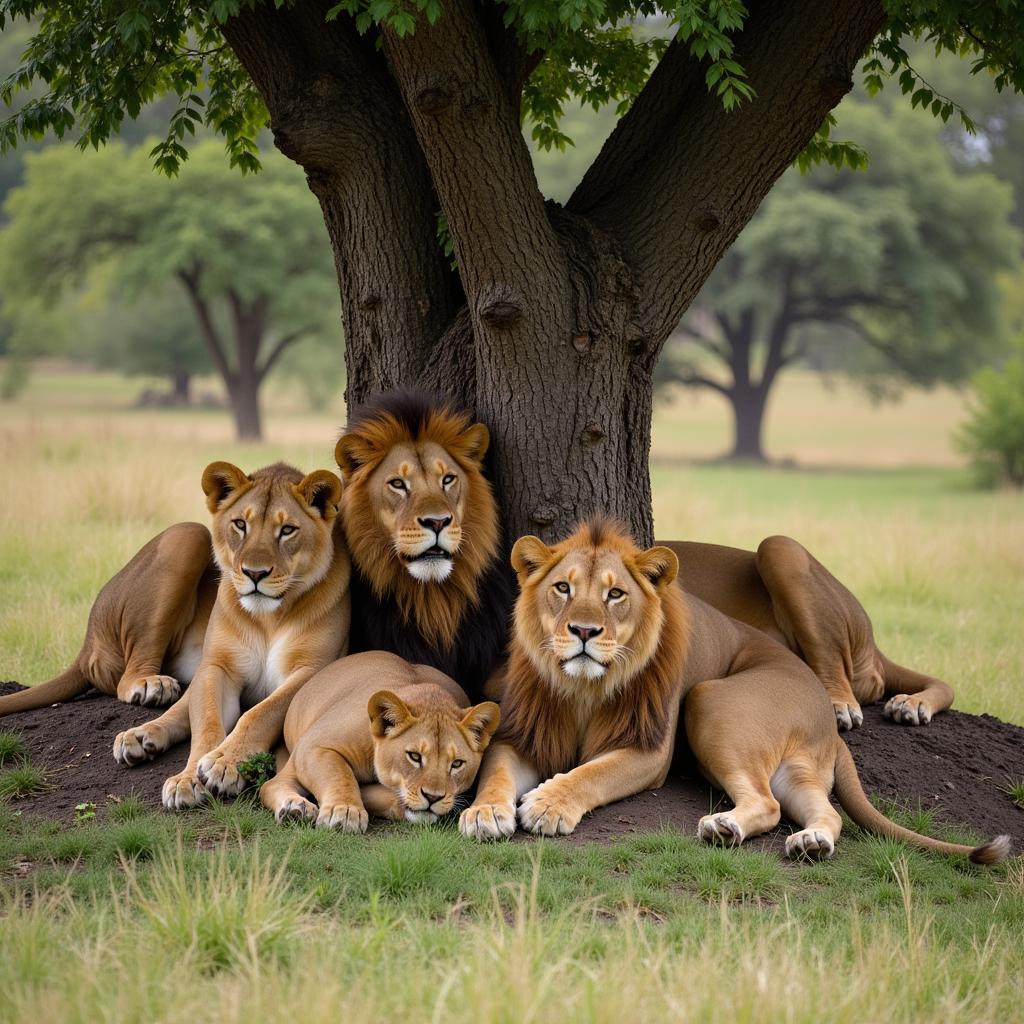The Alluring African Cockatiel Bird: A Comprehensive Guide
The African Cockatiel Bird, a charming and intelligent parrot species, captivates bird enthusiasts worldwide. Native to Australia, not Africa, these birds are often mistakenly associated with the continent due to their exotic appearance and the presence of other parrot species in Africa. This comprehensive guide will delve into the fascinating world of cockatiels, clarifying their origins, exploring their unique characteristics, and providing valuable insights into their care.
Let’s embark on a journey to uncover the captivating world of these beloved companion birds. We’ll explore their behaviors, dietary needs, and the essential elements of creating a thriving environment for your feathered friend. After reading this guide, you’ll have a deeper appreciation for these intelligent and affectionate creatures. If you’re interested in other African parrots, you might want to learn about the african gray parrot food.
Understanding the Cockatiel’s True Origins
Despite the name “African cockatiel,” these birds are not native to Africa. Their true homeland lies in Australia, where they inhabit grasslands, scrublands, and bushlands. They are highly adaptable birds, thriving in various environments across the vast Australian continent. This adaptability contributes to their popularity as pets globally.
Dispelling the “African” Myth
The misconception of the cockatiel being African likely stems from the general perception of parrots as tropical birds, many of which reside in Africa and South America. While the cockatiel shares the parrot family tree, it hails from a different continent altogether. Understanding this distinction is crucial for providing appropriate care and appreciating their evolutionary journey.
A Deep Dive into Cockatiel Characteristics
Cockatiels are relatively small parrots, characterized by their distinctive crested feathers, which they can raise or lower to express their moods. They exhibit a range of colors and patterns, with the most common being gray with orange cheek patches. These physical attributes, combined with their engaging personalities, make them highly desirable pets.
The Expressive Crest: A Window to Their Emotions
Observing a cockatiel’s crest can provide valuable insights into its emotional state. A raised crest often signifies alertness or excitement, while a flattened crest might indicate fear or aggression. Learning to interpret these subtle cues is essential for building a strong bond with your cockatiel.
Caring for Your Cockatiel Companion
Providing proper care for a cockatiel involves understanding their specific needs, including dietary requirements, environmental enrichment, and social interaction. By addressing these key aspects, you can ensure your feathered friend lives a long, healthy, and fulfilling life. You can compare their needs to other African parrot species, like the african cockatiel parrot.
Dietary Needs: Fueling Their Active Lives
A balanced diet is crucial for a cockatiel’s well-being. Their diet should consist of high-quality seed mixes, supplemented with fresh fruits, vegetables, and occasional protein sources. Providing a variety of foods ensures they receive all the necessary nutrients.
Creating an Enriching Environment
Cockatiels are intelligent and curious birds, requiring mental stimulation to thrive. Providing toys, perches of varying sizes, and opportunities for social interaction is essential for preventing boredom and promoting their overall well-being.
What do African cockatiels eat?
While the term “African cockatiel” is a misnomer, all cockatiels thrive on a balanced diet of seeds, fresh produce, and occasional protein.
The Joys and Responsibilities of Cockatiel Ownership
Owning a cockatiel can be a rewarding experience, but it also comes with responsibilities. Their lifespan can extend up to 20 years, requiring a long-term commitment to their care. Understanding their needs and providing a nurturing environment is crucial for fostering a strong bond and ensuring a happy, healthy life for your avian companion. You can find more about African birds, like those in Trichy, at african birds in trichy.
Dr. Avian Lovebird, a renowned avian veterinarian, emphasizes, “Cockatiels are highly social creatures and thrive on interaction. Providing them with ample opportunities for social engagement is key to their overall well-being.”
Conclusion: Embracing the Charm of the Cockatiel
The African cockatiel, though not truly African, remains a captivating and cherished companion bird. By understanding their true origins, unique characteristics, and specific care requirements, you can embark on a rewarding journey of companionship with these intelligent and affectionate creatures. Explore the world of cockatiels and discover the joy they bring to countless homes. Consider also learning more about african cockatiel.
FAQ
-
Are African cockatiels good pets? Yes, cockatiels, regardless of the misleading “African” label, make excellent companions.
-
How long do African cockatiels live? Cockatiels can live for 15-20 years.
-
What is the difference between a cockatiel and an African Grey? Cockatiels are smaller and native to Australia, while African Greys are larger and, as their name suggests, native to Africa. You might find the sounds they make interesting: african gray sounds.
-
What are the common health problems of cockatiels? Common health issues include respiratory infections, feather plucking, and fatty liver disease.
-
How can I tell if my cockatiel is happy? Signs of a happy cockatiel include a relaxed crest, playful behavior, and vocalizations.
Common Cockatiel Scenarios and Questions
-
Scenario: Your cockatiel is plucking its feathers. Question: What could be causing this behavior?
-
Scenario: Your cockatiel is not eating its food. Question: How can I encourage a healthy appetite?
Further Exploration
-
Learn more about cockatiel training and socialization techniques.
-
Explore different types of cockatiel cages and accessories.
Contact Us
For any assistance, please contact us at Phone: +255768904061, Email: kaka.mag@gmail.com, or visit us at Mbarali DC Mawindi, Kangaga, Tanzania. We have a 24/7 customer support team.



